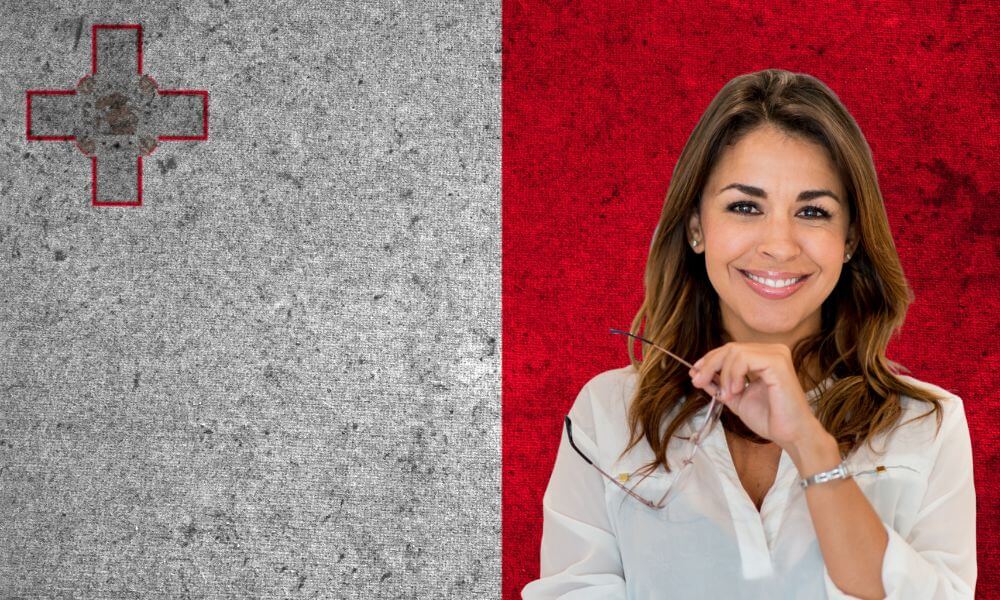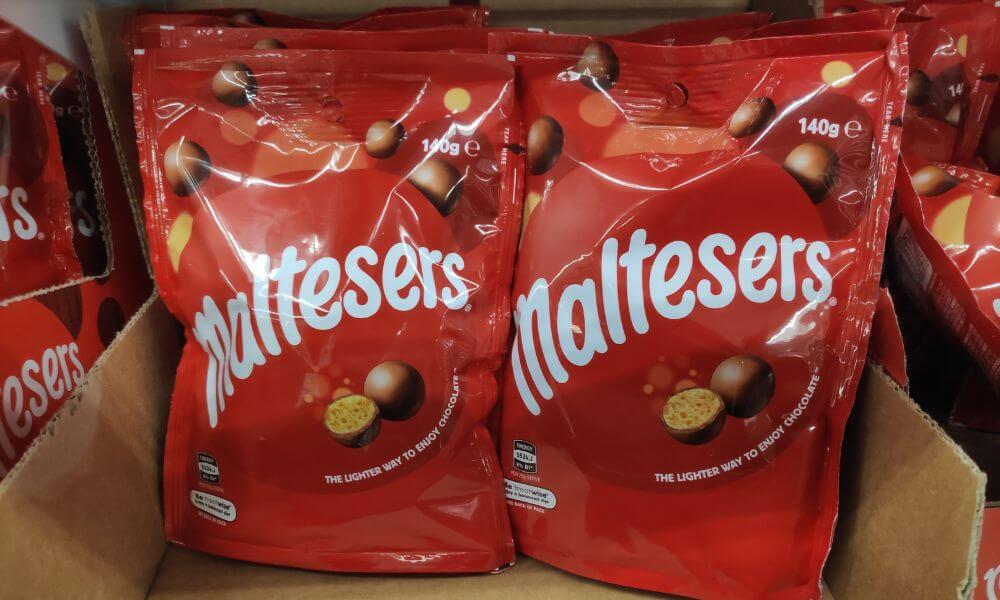Someone from Malta is called Maltese. This is the word both for someone who is native to Malta or descended from Maltese family. You may naturally also be considered Maltese in the sense of nationality if you have moved there from elsewhere. Maltese people are mostly unified by the language they speak.
Islands nations and their populations are always very interesting case studies for a lot of different reasons.
Maltese people today descend from a fascinating blend of different groups and influxes of people over time.
The only word you need, though, for someone from Malta, is Maltese.
Let’s find out more.

What do you call someone from Malta?
Someone from Malta is called Maltese.
This is the demonym for a person from Malta, the official word which describes a Maltese national–or indeed someone descended from Maltese ancestors, regardless of where they live.
Nationality in this sense is always a more complex question than it might at first seem.
Our modern idea of the nation state is something very recent and which did not exist in history, and yet at the same time today it largely defines how we view one’s cultural identity.
So, in this modern sense, anyone who has official, legal citizenship with Malta is Maltese–but they may not feel that to be an important part of their identity.
Equally, someone born to Maltese parents in a different country, who spent their whole life outside Malta, doubtless still feels themselves to be Maltese in an important sense–but they may not have Maltese citizenship, legally speaking.
Equally, someone born in Malta to non-Maltese parents may equally feel themselves to be Maltese.
Ethnically speaking, the Maltese are defined mostly by the language they speak, as well also, of course, as their history and culture.
The Maltese language is a Semitic language that developed out of Medieval Sicilian Arabic mixed with a variety of Romance influences.
The precise origin of the Maltese people is a matter of some debate, as there have been many invasions and intermittent periods of depopulation.
Swabian, Italian, Aragonese, Greek and many others have at one time or another immigrated to the island since at least the 13th Century, influencing its genetic, cultural, and linguistic makeup.
The island is also predominantly, if not almost entirely, Roman Catholic.
This naturally has also been quite important in a unifying sense of national identity, though of course this is much more fluid and changeable over time.
Are people from Malta called Maltesers?
If you’ve heard the word Malteser before you may be wondering whether that is the proper demonym for someone from Malta–it sounds just perfect, doesn’t it?
Maltesers, in fact, are a kind of chocolate candy found in many countries in the world.

Rest assured that most Maltese people will not take kindly to being called a Malteser, and you can probably guarantee that they’ve all heard it before, more than once!
You just need to remember to remove the R. Maltese, not Maltesers.
The name “Maltesers” is simply derived from the word “malt” and “teasers”.
There’s no connection between Maltesers and Malta.
Is Malta Spanish or Italian?
In terms of its sovereignty, Malta is neither Spanish or Italian.
It has been an independent, autonomous nation for decades.
It first became a full republic in 1974, and it has been an independent state since 1964.
Before that, Malta was part of the British Empire; neither Spanish nor Italian in terms of its government.
Of course, there has been a great deal of Spanish and Italian migration to the island over time, and this has influenced its present population.
Again, as mentioned, given its turbulent history, it has been a matter of complex debate over time.
Between 1283 and 1425, thousands of soldiers from Aragon moved to the island, Aragon being a region of inland Spain.
Over the course of British rule in Malta, as many as 22,000 British and Irish also settled there.
Malta’s population of only a half a million people, then, has had influences from all sides.
Countless different immigrations to the island, many of them on a very large scale, have influenced the island’s present ethnic, cultural and linguistic makeup.
Where do the Maltese live?
In all this, it’s also important to consider the role of expatriate Maltese living elsewhere in the world.
There is a substantial population of Maltese people living in places other than Malta itself.
The total estimated Maltese population, globally, is around 700,000. Roughly 400,000 of these can be found in Malta itself.
The next largest population of Maltese people can be found in Australia, where there are around 200,000 Maltese people living, whether Maltese born or direct immigrants.
In Canada, the U.S., and the U.K., each country has a Maltese population of roughly 40,000.
Populations of Maltese people can also be found in Italy, South Africa, and Germany.
There are, then, almost as many Maltese people in the Maltese diaspora as there are in Malta itself, and this is important to consider when trying to get a sense of who the Maltese are.
So, again, someone from Malta is called Maltese–not a Malteser!
Being Maltese may mean different things to different individuals, as we’ve seen, but one way or another the demonym for a person from Malta is Maltese.
This applies both to native Maltese who are descended from those who moved to the island centuries ago as well as people living there from elsewhere and Maltese people living abroad.
They are all Maltese!
More in Demonyms
- What Do You Call Someone From Afghanistan?
- What Do You Call Someone From Algeria?
- What Do You Call Someone From Argentina?
- What Do You Call Someone From Australia?
- What Do You Call Someone From Azerbaijan?
- What Do You Call Someone From Bangladesh?
- What Do You Call Someone From Barbados?
- What Do You Call Someone From Belgium?
- What Do You Call Someone From Botswana?
- What Do You Call Someone From Crete?
- What Do You Call Someone From Denmark?
- What Do You Call Someone From Ecuador?
- What Do You Call Someone From Egypt?
- What Do You Call Someone From El Salvador?
- What Do You Call Someone From Fiji?
- What Do You Call Someone From Finland?
- What Do You Call Someone From France?
- What Do You Call Someone From Ghana?
- What Do You Call Someone From Greece?
- What Do You Call Someone From Greenland?
- What Do You Call Someone From Hong Kong?
- What Do You Call Someone From Iceland?
- What Do You Call Someone From India?
- What Do You Call Someone From Ireland?
- What Do You Call Someone From Israel?
- What Do You Call Someone From Japan?
- What Do You Call Someone From Jersey?
- What Do You Call Someone From Jerusalem?
- What Do You Call Someone From Jordan?
- What Do You Call Someone From Kazakhstan?
- What Do You Call Someone From Laos?
- What Do You Call Someone From Malta?
- What Do You Call Someone From Myanmar?
- What Do You Call Someone From Niger?
- What Do You Call Someone From Pakistan?
- What Do You Call Someone From Panama?
- What Do You Call Someone From Peru?
- What Do You Call Someone From Rwanda?
- What Do You Call Someone From Singapore?
- What Do You Call Someone From Sri Lanka?
- What Do You Call Someone From Sweden?
- What Do You Call Someone From Switzerland?
- What Do You Call Someone From Thailand?
- What Do You Call Someone From The Isle of Wight?
- What Do You Call Someone From The Ivory Coast?
- What Do You Call Someone From The Netherlands?
- What Do You Call Someone From Uzbekistan?
- What Do You Call Someone From Vatican City?
- What Do You Call Someone From Wales?
- What Do You Call Someone From Zimbabwe?

